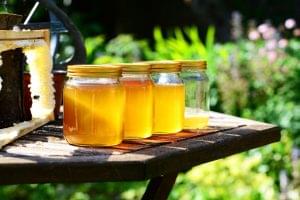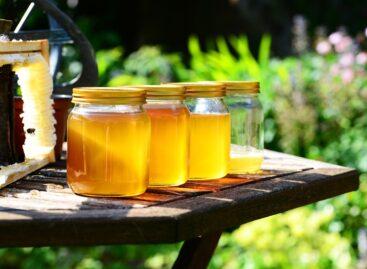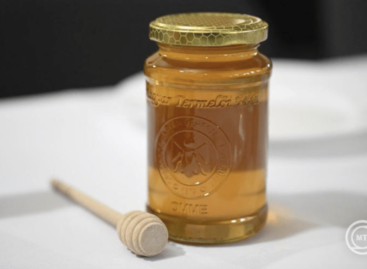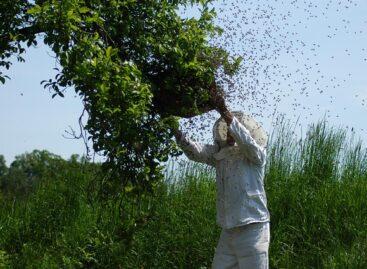Hungarian beekeeping in serious crisis: the population has halved, there will also be less acacia honey
More than half of the domestic bee population died in the winter, and the April frosts also destroyed the crops of two-thirds of the Hungarian acacia forests, according to the National Hungarian Beekeeping Association. The situation of producers is further complicated by the import of Ukrainian and Chinese honey, with which Hungarian farmers cannot compete on price.
 Hungarian beekeepers will start the season with only 600-700 thousand bee colonies this year, instead of the usual 1.2 million. The significant population loss is a global problem, but it has particularly severely affected part-time and hobby beekeepers. Although full-time farmers have protected their populations better, the losses are still significant. According to experts, more effective protection against the varroa mite would be key to improving the situation.
Hungarian beekeepers will start the season with only 600-700 thousand bee colonies this year, instead of the usual 1.2 million. The significant population loss is a global problem, but it has particularly severely affected part-time and hobby beekeepers. Although full-time farmers have protected their populations better, the losses are still significant. According to experts, more effective protection against the varroa mite would be key to improving the situation.
The spring frosts also dealt a serious blow to the acacia harvest: in Bács-Kiskun County, temperatures reached minus 5–7 degrees Celsius at the beginning of April, which destroyed the inflorescences. Péter Bross, the president of the association, said: the acacia in the central mountains and valleys has almost completely frozen over, with only flower buds remaining on the hilltops. Although the acacia has been in bloom since mid-May, the amount of this year’s honey harvest will depend primarily on the weather in the coming weeks.
Hungary is a significant player in Europe in terms of honey production: in an average year, domestic farmers produce about 30 thousand tons of honey, exporting two-thirds of this mainly to Italy, Germany and France. However, this year, less honey is expected to be exported.
According to Péter Bross, the domestic acacia honey supply is not in danger, but the sale of mixed flower honey is continuously decreasing. The main reason for this is that Western European buyers prefer cheaper Ukrainian and Chinese honey: Chinese honey, for example, is exported to Europe at a price of just one and a half euros per kilogram, a price that fell by another five percent last year.
As a result of the current situation, more and more beekeepers are being forced to take up side jobs, and many are deciding to give up altogether. “Honey can always be sold, but increasingly at a price that does not provide income,” the president stressed. The decline in bee populations across Europe is due to complex reasons, among which the ongoing deterioration of the environment also plays a significant role.









